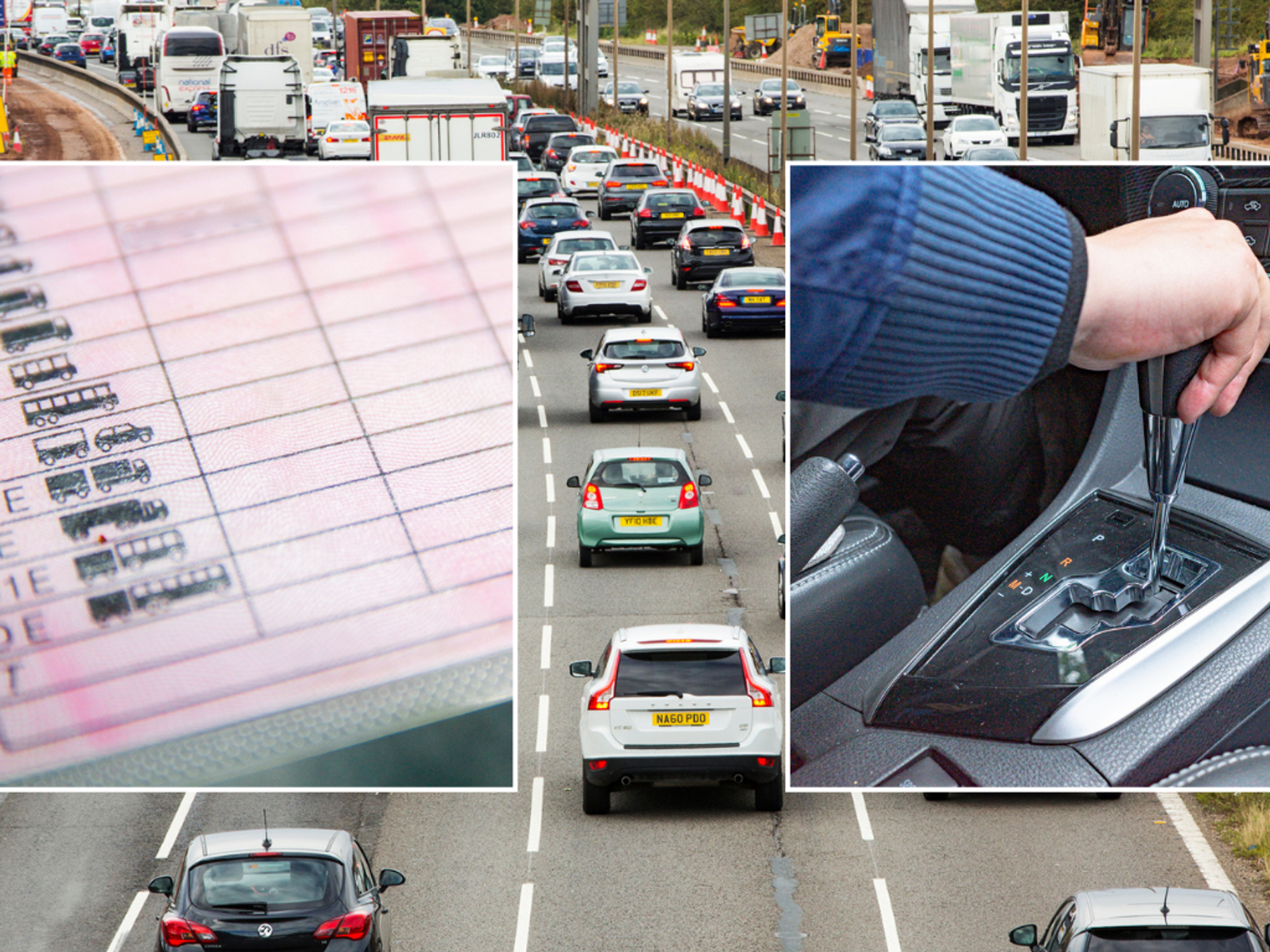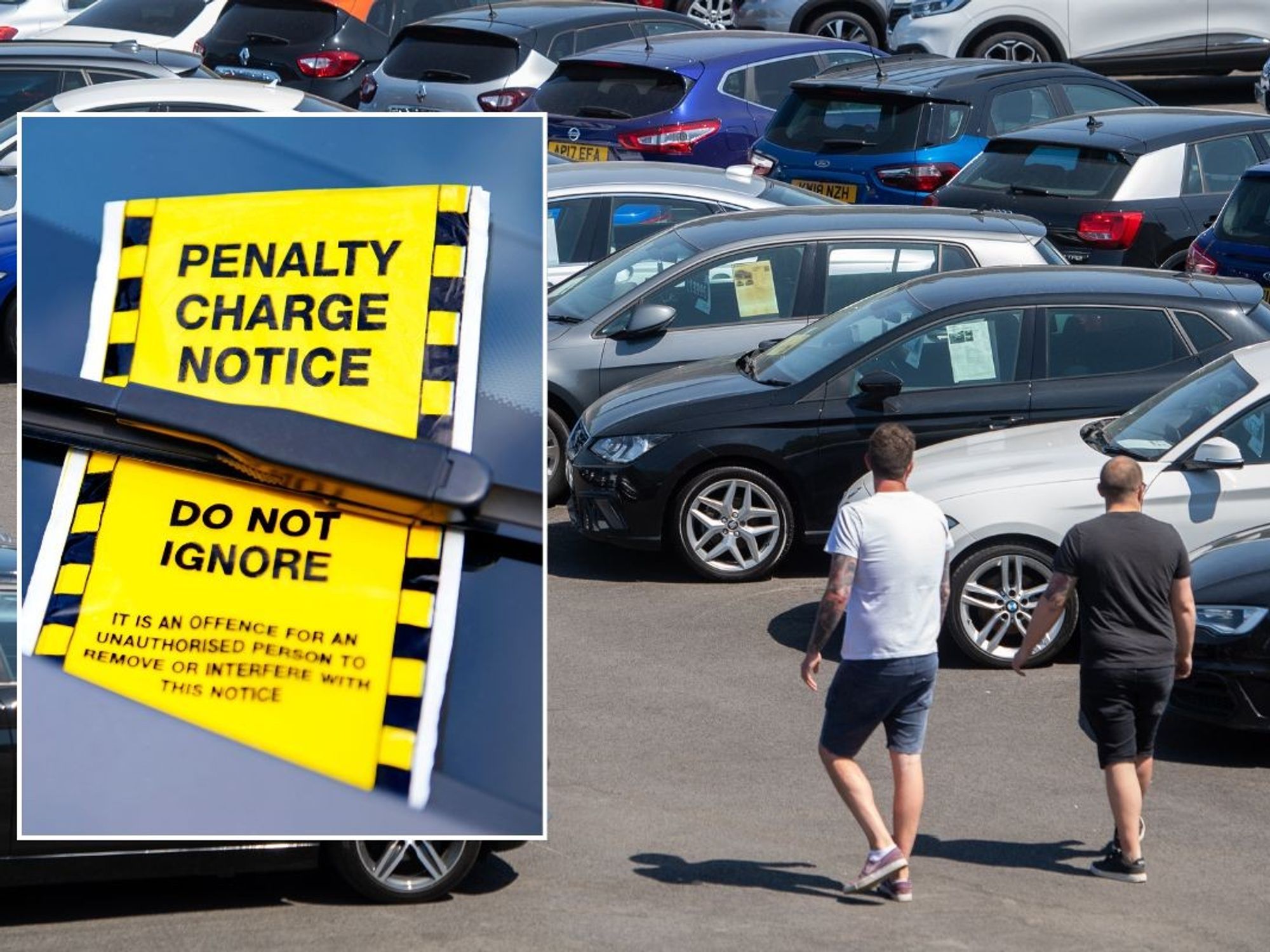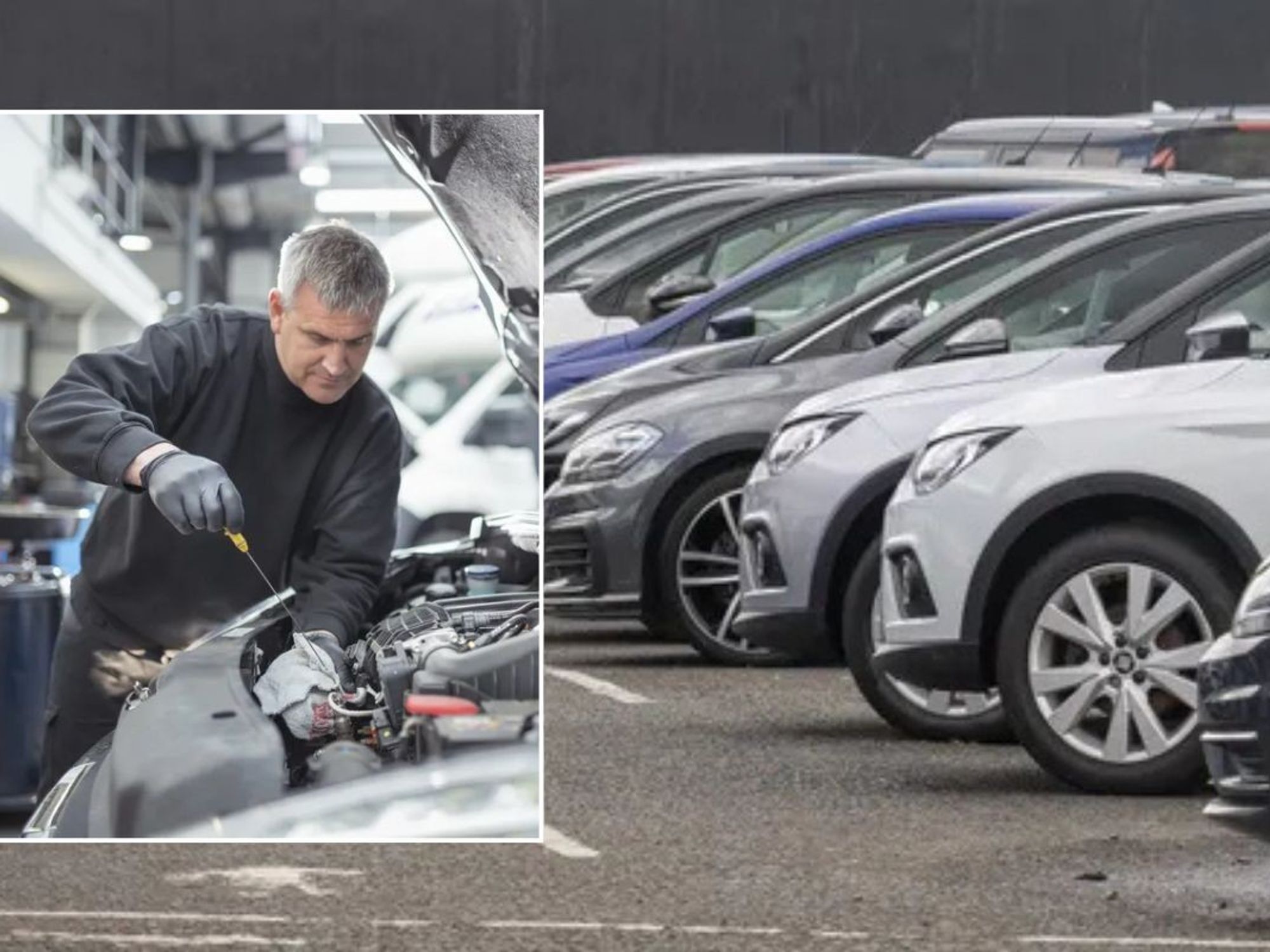Manchester Arena bomber: Friends of terrorist Abedi were in 'shock and disbelief' after learning he was behind attack
Mohammed Alzoubare said Abedi, 22, distanced himself from their friendship group in the year leading up to the attack on May 22 2017
Don't Miss
Most Read
Friends of Manchester Arena bomber Salman Abedi were in “shock and disbelief” when they learned he was the man responsible for killing 22 people and injuring hundreds, the public inquiry into the atrocity has heard.
Police at the scene after they raided a block of flats in Blackley, north Manchester, following the attack on Manchester Arena where Abedi killed 22 people.
Danny Lawson
Mohammed Alzoubare said Abedi, 22, distanced himself from their friendship group in the year leading up to the attack on May 22 2017 and had become more religious but his “good friend” had never expressed extremist views to him.
On learning of the revelation that Abedi was the bomber on May 23, he told the inquiry: “After the news said that it was Salman, we were shocked. Some of us were even questioning it because we thought he was still in Libya. At first there was disbelief, shock. That was the first reaction to be honest.”
On Monday, Mr Alzoubare said their fathers were friends and he got to know Abedi better after moving from London to Manchester in about 2014.
He said: “Initially we played football, probably twice, three times a week. We watched football at his. He used to cook, we used to eat at his. That’s it.”
Counsel to the inquiry Alasdair Henderson asked: “Did he ever say anything that made you think he had very strong views or even extremist views?”
Mr Alzoubare replied: “Not at the time, no.”
Mr Henderson said: “Did you see any change in him between when you first moved up and 2016/2017?”
Mr Alzoubare said: “Maybe in that period he distanced himself from the lads a bit. He would probably go to the mosque more often, he would probably go to the gym while we were doing whatever we were doing.”
Mr Henderson went on: “Did you get the sense that anyone was worried about him?”
The witness replied: “Not really, no.”
The inquiry, sitting at Manchester Magistrates’ Court, heard Mr Alzoubare received a phone call from Abedi in Libya on May 15, a week before the bombing.
Floral tributes in St. Ann's Square, close to the Manchester Arena where Abedi killed 22 people.
Danny Lawson
Mr Alzoubare said: “He didn’t say ‘I’m going to do anything’, it was a general conversation… but in hindsight I’m thinking this guy probably knows what he was doing. I’m a good friend, he was probably saying farewell.”
Mr Alzoubare was also friends with convicted terrorist Abdulraouf Abdallah, who helped a number of men travel from Manchester to Syria to fight for so-called Islamic State.
He had visited Abdallah in prison on three occasions in 2017 – before the bombing – and on one such visit on March 6 Abedi was planning to join him but did not turn up.
Mr Alzoubare explained Abdallah was “family” as his cousin had married Abdallah’s sister and it was a “sort of duty” to see him, with the purpose to “socialise” and “uplift his spirits”.
The pair were also in regular phone contact in the weeks leading up to the bombing, including a 38-minute call from Abdallah on the afternoon of May 22, but Mr Alzoubare said his friend “would call all the time because he was bored in prison”.
The inquiry heard Mr Alzoubare was referred to the Government’s Prevent counter-terror programme in 2016 due to fears he was being radicalised, although he said he was not aware at the time it was Prevent and thought he was undergoing “counselling”.
He denied knowing anything about attempts to radicalise him.
His barrister Una Morris asked him: “Did you have anything at all to do with the atrocity at the Manchester Arena?”
Mr Alzoubare replied: “None whatsoever.”
The inquiry is currently hearing evidence covering the background and radicalisation of Abedi.












